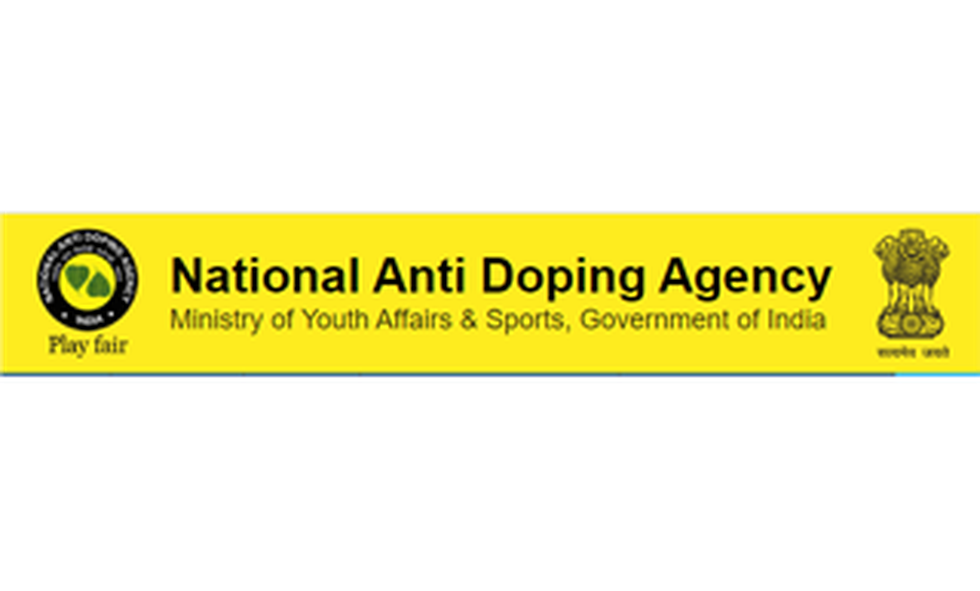About:
- NADA was established by the Government of India, with the objective of acting as the independent Anti-Doping Organization for India having a vision of dope-free sports.
- It was set up as a registered society under the Societies Registration Act of 1860 on November 2005.
- The primary functions of NADA are as under:
- To implement the Anti-Doping Code to achieve compliance by all sports organizations in the Country.
- To coordinate dope testing program through all participating stakeholders.
- To promote anti-doping research and education to inculcate the value of dope free sports.
- To adopt best practice standards and quality systems to enable effective implementation and continual improvement of the program.
Therapeutic Use Exemptions (TUE)
- Athletes may have illnesses or conditions that require them to take medications or undergo procedures. If the medication or method is prohibited as per the World Anti-Doping Agency’s (WADA) Prohibited List, a TUE may give that athlete the authorization to use that substance or method while competing without invoking an anti-doping rule violation (ADRV) and applicable sanction.
- Applications for TUEs are evaluated by a panel of physicians the TUE Committee (TUEC). NADO TUEs are only valid for national-level Competition and Out-of-Competition Testing.
The World Anti-Doping Agency
- The World Anti-Doping Agency is a foundation initiated by the International Olympic Committee to promote, coordinate and monitor the fight against drugs in sports.
- The agency's key activities include monitoring of the World Anti-Doping Code, whose provisions are enforced by the UNESCO International Convention against Doping in Sport.
- Headquarters: Montreal, Quebec, Canada.
- Established in:
